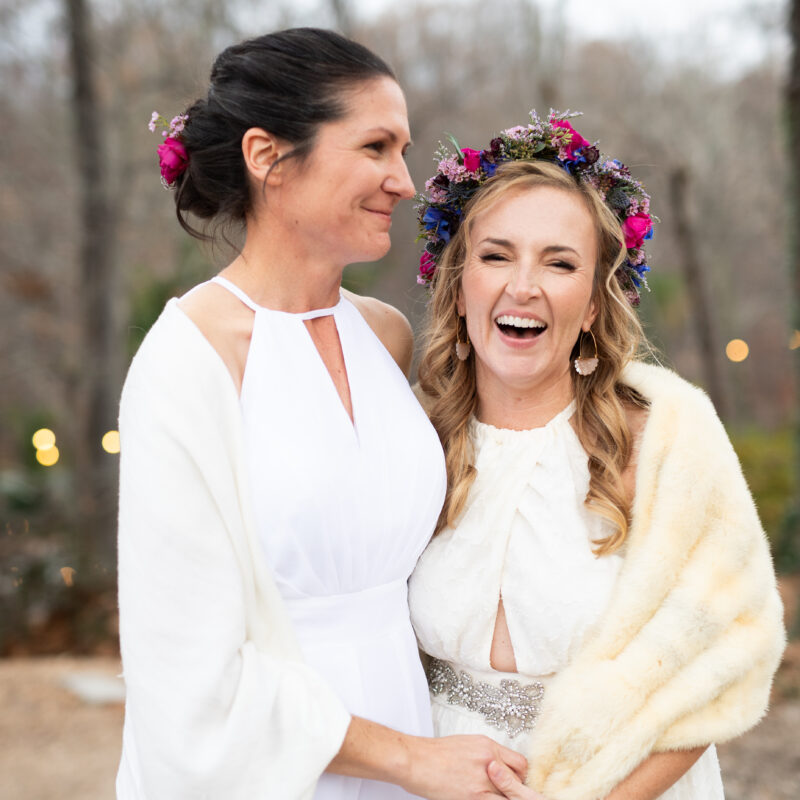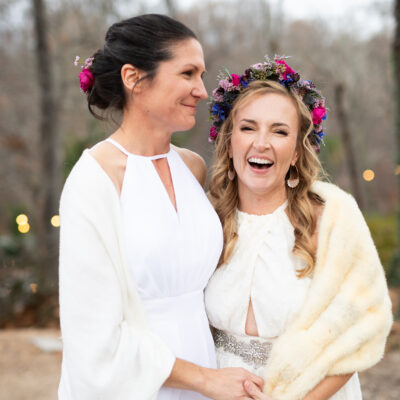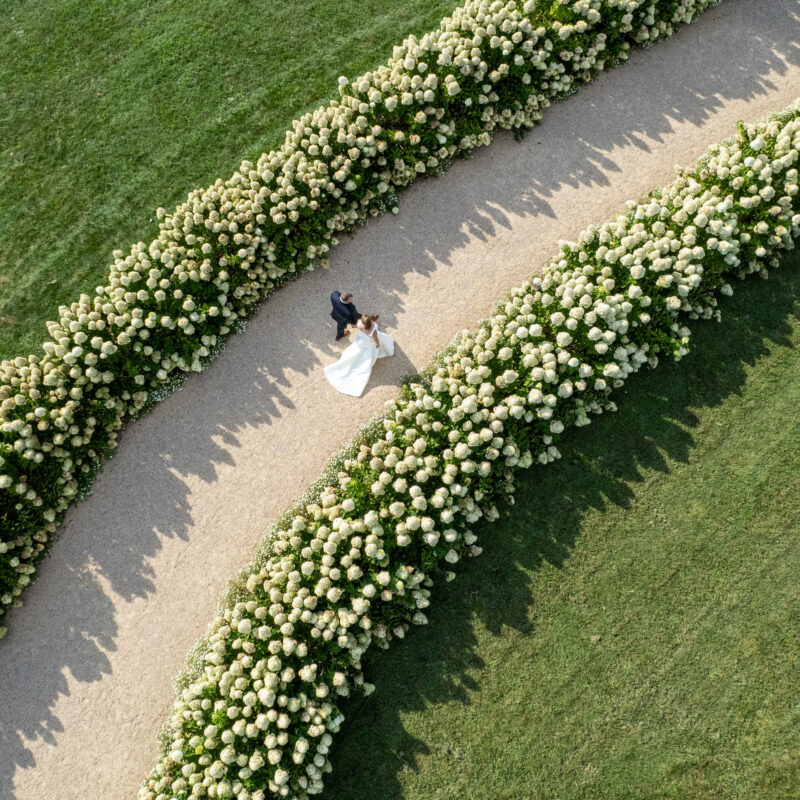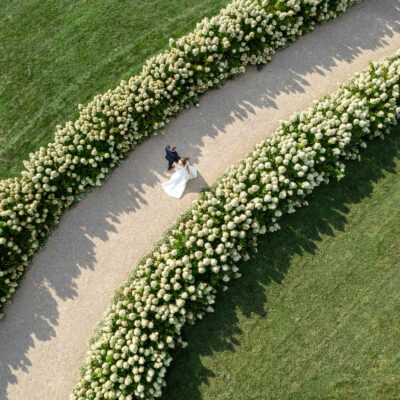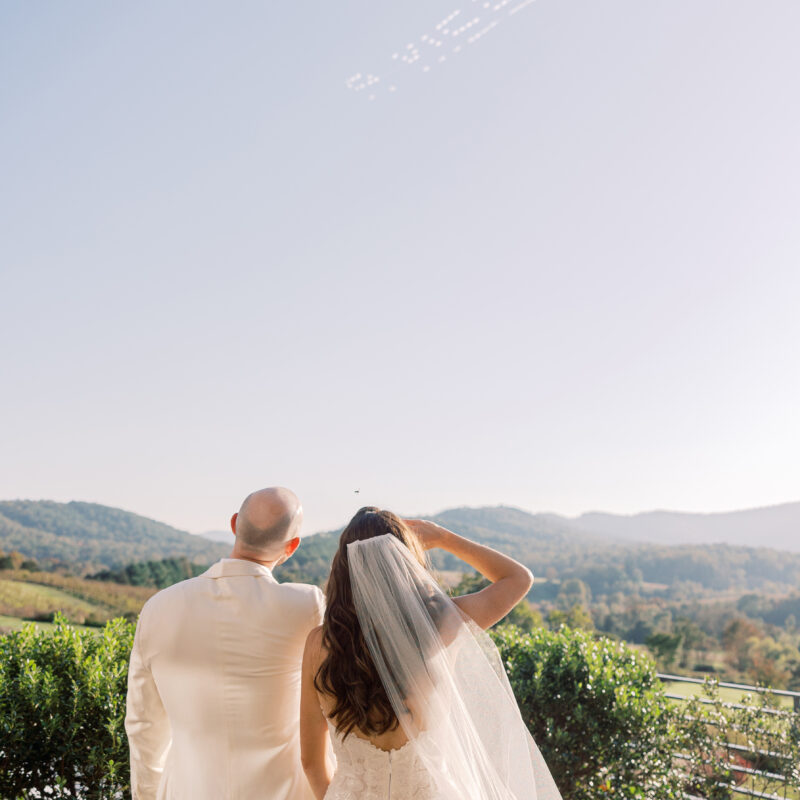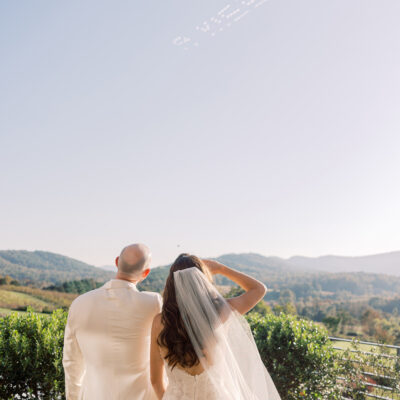For years, you’ve dreamt about your wedding day. Or maybe now that you’re actually getting married, you’re scanning social media and wedding websites for ideas—and so is your partner. But what if your ideas about your dream wedding don’t align … or don’t match your real-life budget? This is where a wedding planner can help.
Ashanti Neal of J. J. Ash Wedding and Event Planning, part of the Chancey Charm network, sees these disconnects often. “People have no idea of [wedding] costs,” she says, especially if all they have seen are websites full of lovely photos of luxury weddings.
Hannah Dubit of Hannah Rose Event Design agrees. “Lots of times, couples don’t know what they don’t know,” she says. “I like to start there.”
Discussions with a wedding planner should begin with those two big questions: What are your expectations? And what do you want to spend? “Typically, couples have an idea of an overall budget,” says Neal. “They may have different views at the beginning, so I like to go through category by category. That way, they can break down what they really care about—what are their ‘must-haves’? And yes, sometimes they have to compromise.”
Dubit’s approach is to give couples a questionnaire on potential services and vendors, from venue and caterers to florists and calligraphers. “That can help couples [work through their must-haves],” she says. “Do they care more about the band than they do about the stationery, for example? Because after all, this is your day.””
The experience a planner can bring to the table is not only a huge stress-reducer, it’s also a way to refine costs. As Neal says, “How can we get this [experience] for a little less?”
The number of guests is one of the largest cost factors in wedding planning, because it affects both venue and catering (and hotel costs, if you’re planning a two-day event). Other costs, such as photographer and florist, are less affected by the size of the party. But almost every cost requires discussion and agreement from the couple, whether it’s asking the florist for a greenery arch instead of a floral one or going with ready-made instead of bespoke wedding attire.
One budget option that wedding planners are cautious about: calling on friends or family members to provide services to save money. Sometimes this works, if you know a professional floral designer or a baker experienced in making wedding cakes. But in weddings, as in most events, you get what you pay for. Neal says friends or family might take on small jobs, but “for big jobs, like catering or photography, it’s better to rely on professionals.”
Using professional vendors is another way to manage costs—the vendor may be willing to work out a payment plan, for example, or cost less in the off-season. Long-range planning for your big day is also helpful in spreading out your wedding expenses.
In the end, though, couples want their wedding to be a time for celebration—what Neal describes as “one of the most intimate moments of their lives”—not for stressing out about money. “I say to my clients, ‘This is the beginning of your life together, don’t spend your life savings. You don’t have to spend millions to have a wonderful day.”

